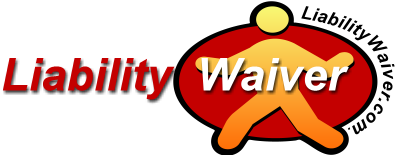Did you know that a general release of liability agreement can allow you to get relief from any liability that derives from a certain event or activity in consideration for an asset or cash payment?
A release of liability or a waiver is actually a form that can protect a company or an individual legally if an incident occurs. This incident could be a permanent injury, a trivial matter like torn clothes and a serious incident such as death. Lawsuits are quite common these days in all legal societies, especially in the United States, so it’s therefore essential to have a general liability waiver in certain situations.
This can be used in a number of different scenarios, including organized trips, sporting events, or other risky activities. The agreement will dictate that the participating party will not hold the individual or organization liable for things such as personal injury, loss of property, or death. It could also be a contractor liability waiver. In any case, a release of liability agreement can help a business or organization from being sued in the event that something goes wrong.
It is important to note that a release of liability has to be dated and signed to be valid. It should include both parties’ names. A copy must be kept by the organization or person hosting an event as well as the participant. If you are interested in using a release of liability template you can check to know the regulations of your state. Just remember to include all the relevant information to have a valid release form.
In addition to above, a contract could have a liability waiver or hold harmless provision as an agreement between parties. For this, one or both parties are agreeing not to hold the other responsible for any damage, loss, or legal liability that might arise under the agreement. To put it in simpler terms, both parties could not sue each other for damages that they might suffer because of the negligence of the other. The provisions in a hold harmless agreement are usually joined with indemnity language.
Many contracts which are used in business also have a waiver of subrogation. Whenever this is required the policy would have to be endorsed. A subrogation endorsement waiver might be added to property, liability, workers compensation or auto policies. Bear in mind that subrogation is actually a right afforded to an insurer that has paid a claim on your behalf or to you. If a party caused a loss an insurance company has the legal right to subrogate against them. This means that the insurer can sue the party that causes the loss to recover the payment that it made to you.
You can do your research online to find and download a general release of liability template or form and customize it to suit your needs.
